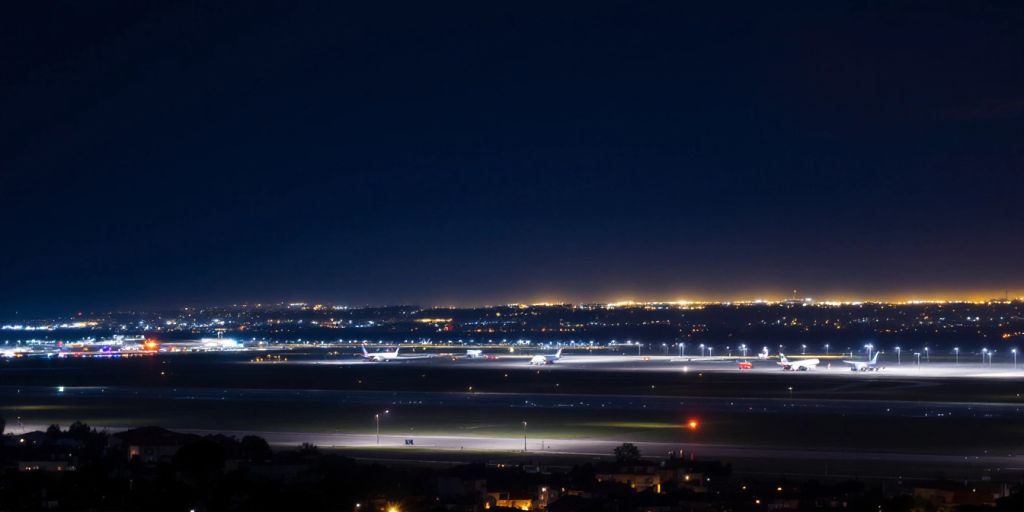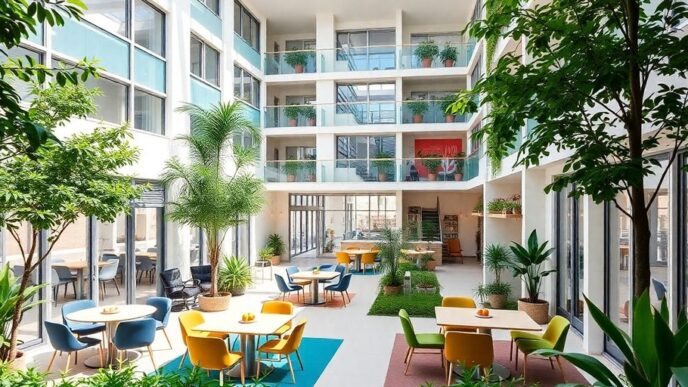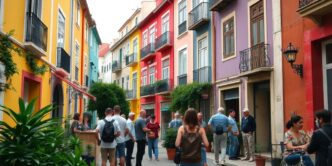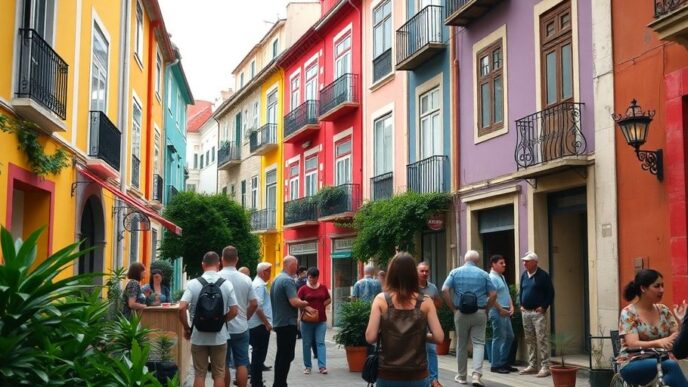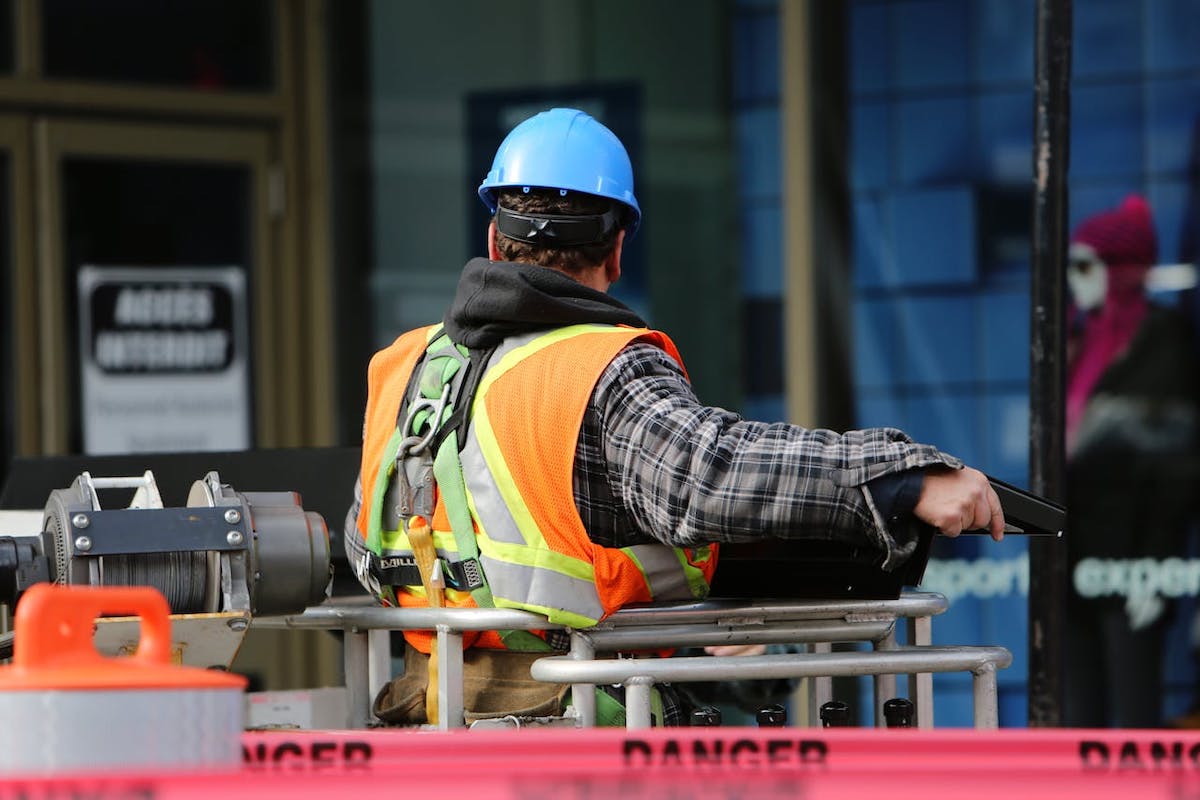Lisbon has officially banned night flights at Humberto Delgado Airport, a decision that comes after years of protests from local residents disturbed by noise and air pollution. The ban prohibits all flights between 1 am and 5 am, a move hailed by some as a significant victory for community health and well-being.
Background Of The Ban
The decision to implement a night flight ban at Lisbon’s airport was announced by Miguel Pinto Luz, the Minister for Infrastructure and Housing. This ban is seen as a response to the persistent complaints from residents about the disruptive noise caused by late-night flights. The government had previously attempted to limit the number of night flights, but reports indicated that the airport was exceeding these limits, prompting further action.
The environmental NGO Zero played a crucial role in advocating for the ban, highlighting the negative impact of night flights on both air quality and residents’ sleep. In a recent two-week period, Zero recorded an alarming increase of 115 flights, underscoring the urgency of the situation.
Community Reactions
While many residents welcomed the ban, some local campaigners remain unconvinced about its potential benefits. The group Aeroporto Fora, Lisboa Melhora argues that the number of flights during the banned hours is already low, and the announcement lacks clarity on whether it constitutes a total ban or if late arrivals from other airports will still be allowed to land.
The night flight ban coincides with a broader trend in Portugal, where several cities are introducing permanent tourist taxes to manage the increasing number of visitors. Lisbon has recently implemented a tourist tax of €4 per person per night for visitors over the age of 12, applicable for the first seven nights of their stay. Other cities in the Algarve region, such as Albufeira and Faro, are also adopting similar measures to regulate tourism.
Portugal has seen a surge in tourism, with 13.1 million visitors recorded between January and August of this year, marking a 6.7% increase compared to the previous year. This influx of tourists has raised concerns about the sustainability of local infrastructure and the quality of life for residents.

